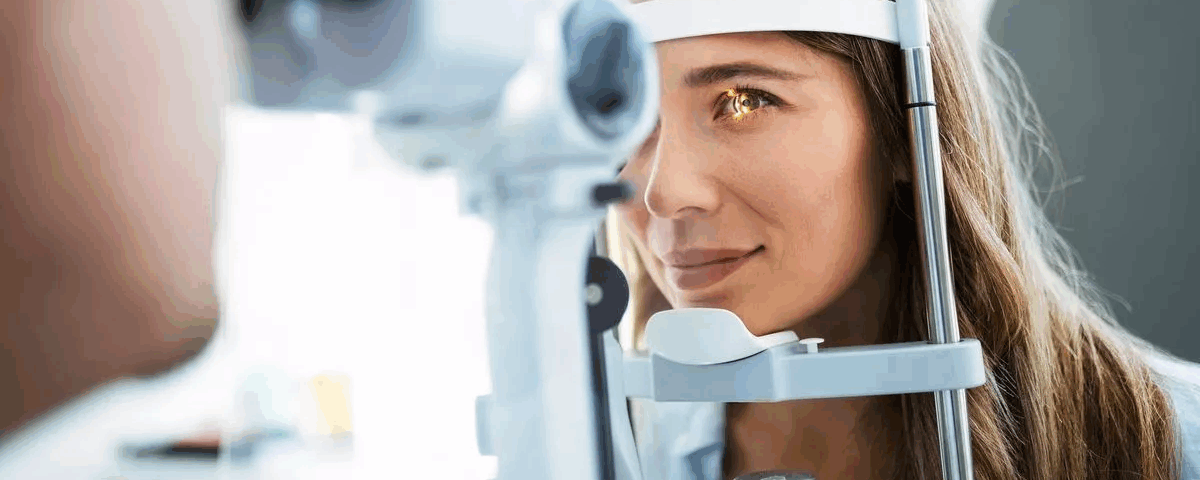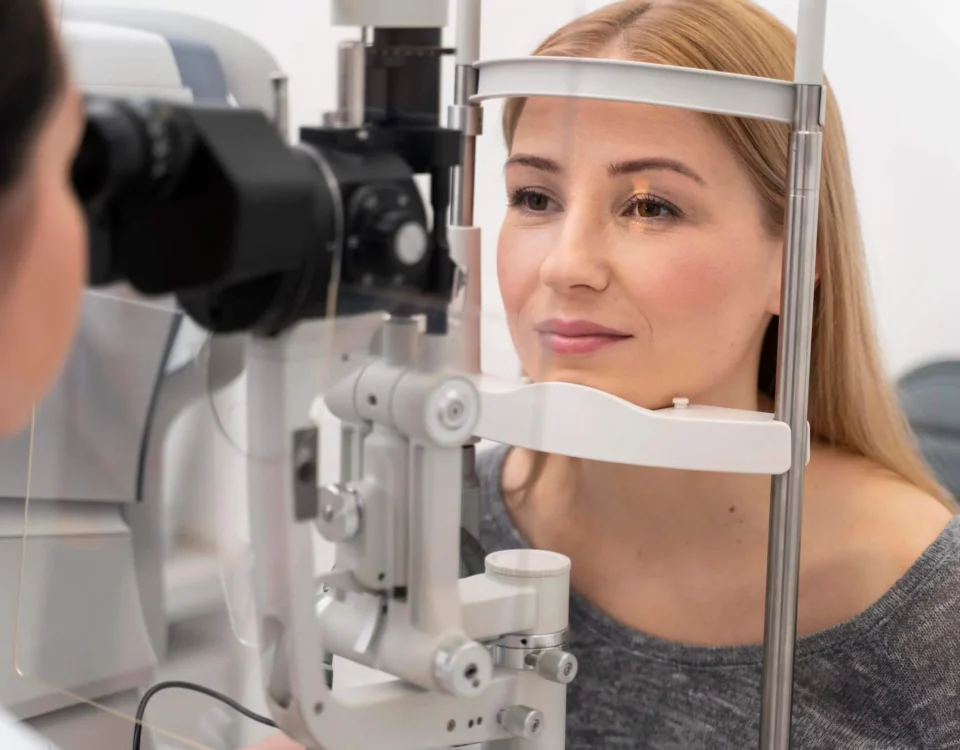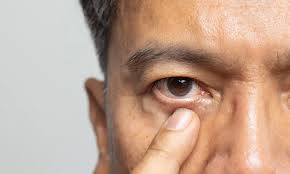
Blog Topics for Health and Wellness Professionals
August 12, 2025
Best Ophthalmologists for Cataract Surgery
August 12, 2025Our eyes are one of the most precious senses we have. They allow us to experience the world’s beauty, read, work, and connect with others. Taking care of your eye health is essential for maintaining clear vision and preventing diseases that could lead to vision loss. Ophthalmology care plays a critical role in keeping your eyes healthy and catching problems early.
In this article, we will explore how you can improve your eye health through regular ophthalmology care, simple lifestyle changes, and protective habits. Whether you’re experiencing eye discomfort or just want to protect your vision long-term, these tips will help you see clearly for years to come.
What Is Ophthalmology Care?
Ophthalmology is a medical specialty focusing on the diagnosis, treatment, and prevention of eye diseases and conditions. Ophthalmologists are trained doctors who provide comprehensive eye care, including eye exams, prescribing glasses or contact lenses, performing surgeries, and managing chronic eye diseases like glaucoma, cataracts, and macular degeneration.
Regular ophthalmology care means visiting an ophthalmologist for routine eye checkups and following their recommendations to maintain optimal eye health.
Why Regular Ophthalmology Care Is Important
Many eye diseases develop slowly without obvious symptoms in the early stages. Regular visits to an ophthalmologist help catch these issues early when treatment is more effective. Some reasons why ophthalmology care is essential include:
- Early detection of diseases: Conditions like glaucoma and diabetic retinopathy can silently damage vision. Timely exams can prevent permanent damage.
- Vision correction: Ophthalmologists provide prescriptions for glasses or contact lenses tailored to your vision needs.
- Treatment and management: If you have an eye condition, your ophthalmologist creates a personalized treatment plan to preserve your vision.
- Advice on eye protection: Professionals guide you on lifestyle habits and protective measures to reduce eye strain and damage.
How to Improve Eye Health with Ophthalmology Care
1. Schedule Regular Eye Exams
Routine eye exams are the cornerstone of healthy eyes. Adults should have a comprehensive eye exam every 1-2 years, or more frequently if recommended by their ophthalmologist.
During an exam, your eye doctor will check:
- Visual acuity (clarity of vision)
- Eye pressure (to screen for glaucoma)
- Retina health and blood vessels
- Eye muscle function
- Overall eye structure
Regular exams help track changes and adjust treatments or prescriptions as needed.
2. Follow Your Ophthalmologist’s Advice
If your ophthalmologist diagnoses an eye condition, it’s crucial to follow their treatment plan exactly. This may include using eye drops, taking medications, or lifestyle modifications.
Ignoring treatment can worsen conditions and increase the risk of vision loss.
3. Protect Your Eyes from Harmful UV Rays
Just like your skin, your eyes can be damaged by ultraviolet (UV) rays from the sun. Long-term UV exposure increases the risk of cataracts, macular degeneration, and other eye problems.
Wearing sunglasses that block 100% of UVA and UVB rays whenever you’re outside, even on cloudy days, helps protect your eyes.
4. Maintain a Healthy Lifestyle
Your general health directly affects your eye health. Eating a balanced diet rich in antioxidants (vitamins C and E, zinc, lutein, and omega-3 fatty acids) can reduce the risk of eye diseases.
Good nutrition supports the retina and overall eye function. Foods like leafy greens, nuts, fish, and colorful fruits and vegetables are especially beneficial.
5. Manage Chronic Health Conditions
Diseases like diabetes and hypertension can cause severe eye complications if uncontrolled. Diabetes, for example, can lead to diabetic retinopathy—a major cause of blindness.
Regular medical checkups and proper management of these conditions, combined with ophthalmology care, are essential to protect your vision.
6. Limit Eye Strain from Screens
We spend more time than ever in front of computers, phones, and tablets. This can cause digital eye strain, leading to dryness, headaches, blurred vision, and discomfort.
To reduce strain:
- Follow the 20-20-20 rule: every 20 minutes, look at something 20 feet away for at least 20 seconds.
- Adjust screen brightness and contrast.
- Use artificial tears if your eyes feel dry.
- Maintain proper posture and screen distance.
Your ophthalmologist can also suggest exercises or protective lenses to reduce strain.
7. Avoid Smoking
Smoking increases the risk of cataracts, optic nerve damage, and age-related macular degeneration (AMD). Quitting smoking significantly improves your overall eye health and reduces disease risk.
8. Protect Your Eyes from Injuries
Use protective eyewear when working with hazardous materials, playing sports, or doing activities with potential eye injury risks.
Accidents can cause permanent damage, so prevention is key.
When to See an Ophthalmologist Immediately
Certain symptoms require urgent eye care:
- Sudden vision loss or changes
- Severe eye pain or redness
- Flashes of light or floaters in vision
- Eye injury
- Double vision or difficulty seeing
Don’t delay seeking professional care if you experience these signs.
5 FAQs About Improving Eye Health with Ophthalmology Care
1. How often should I have my eyes checked?
Most adults should have an eye exam every 1-2 years, but your ophthalmologist might recommend more frequent visits based on your age and health.
2. Can regular eye exams prevent blindness?
Early detection of diseases like glaucoma and diabetic retinopathy during eye exams can prevent or slow vision loss, reducing the risk of blindness.
3. Are over-the-counter eye drops safe to use?
Some OTC drops can relieve dryness, but always consult your ophthalmologist before regular use to avoid side effects.
4. What foods are best for eye health?
Leafy greens (spinach, kale), fish rich in omega-3 (salmon), nuts, carrots, and citrus fruits are excellent for eye health.
5. Can eye strain from screens cause permanent damage?
Digital eye strain causes temporary discomfort but not permanent damage. However, prolonged strain should be managed to maintain comfort and productivity.
Final Thoughts
Your eyes deserve dedicated care and attention. By prioritizing regular ophthalmology visits, following your doctor’s advice, protecting your eyes from environmental damage, and living a healthy lifestyle, you can significantly improve and preserve your vision.
Remember, many eye diseases develop quietly and painlessly, so don’t wait for symptoms to appear before seeing an eye specialist. Regular eye care is the best investment you can make to enjoy clear vision and vibrant life.




